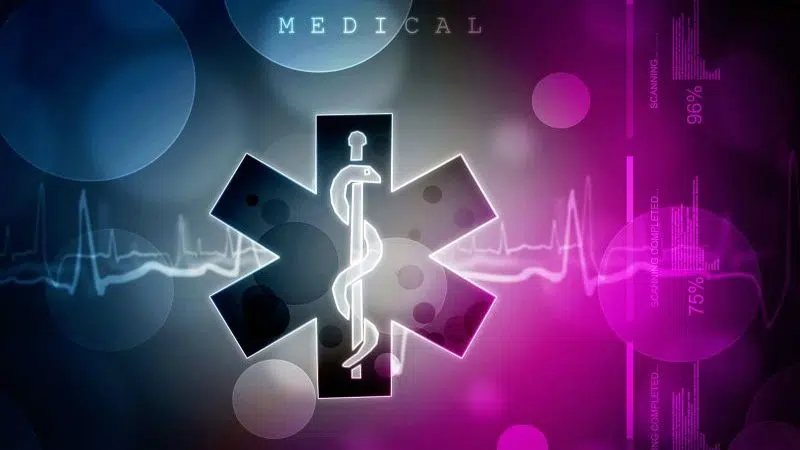PEORIA, Ill. — The late August death from colon cancer of actor Chadwick Boseman has raised awareness on the topic of knowing how and when to get checked.
“In most cases, it’s a cancer that’s fairly easily detectable through either a screening colonoscopy or one of the non-invasive types of procedures available,” said Andy Paulson, Central Illinois Endoscopy Center Director.
“It’s treatable and it’s something that really far more people die from than should.”
Paulson said on WMBD’s “The Greg and Dan Show” signs of colon cancer are tangible.
“Change in bowel habits, unexplained weight loss, anemia, and things like that,” he said.
Paulson said genetics are the chief instigator, with one-in-three with colorectal cancer having a family history of it.
However, he said, frequent fast food eating, heavy meat eating, and leading a sedentary lifestyle also can be contributing factors.
Boseman’s passing at the age of 43 is part of what has become a disturbing trend, said Paulson.
“About a year and a half ago, the American Cancer Society came out with a recommendation for the initial screening age to become 45,” he said.
“Since the late ’80s and early ’90s, there’s been a good decrease in the age of people over 50 who have had colon cancer, but the numbers of early onset of colon cancer of those less than 50 has increased on a yearly basis by a couple percent from, again, over the last 15 or 20 years or so.”
One-in-three people are not up to date with testing, Paulson said.
Paulson said initial screenings are covered by the Affordable Care Act. For people who don’t want to have a traditional colonoscopy, the alternatives include Cologuard and fecal blood tests.
The typical colonoscopy takes about 90 minutes.




